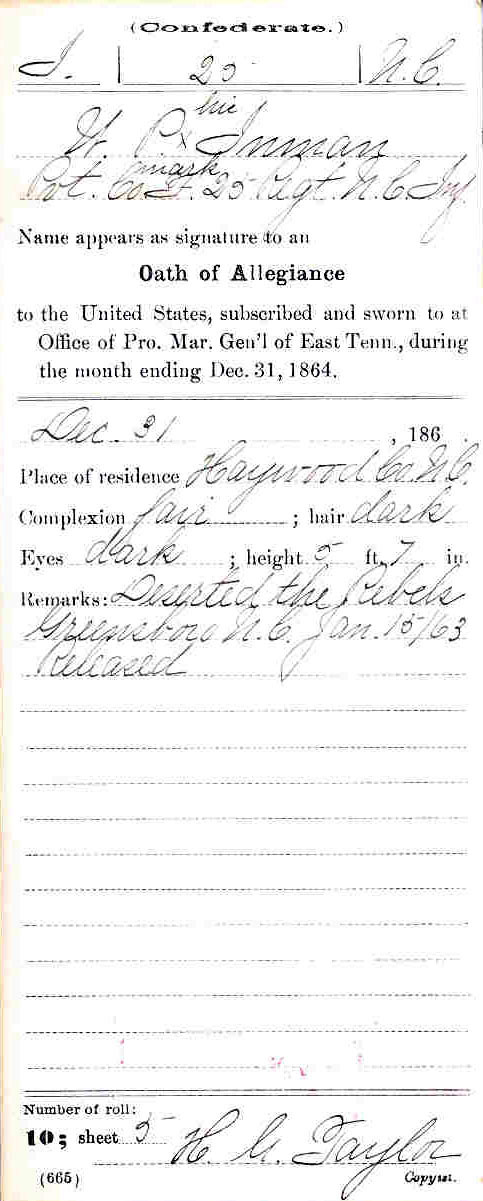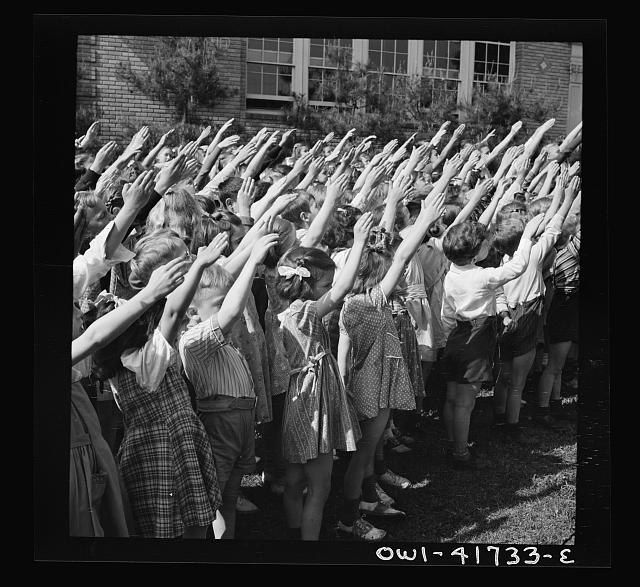So, I've been thinking about how I'm going to deal with this since grading is a significant part of the work that I'm getting myself into. One idea I've been thinking about today is the idea of sticking with my grading criteria, sharing it with students on the first day of class next quarter, and offering a caveat: grade your own paper before your turn it in. The easy answer would be to allow them to submit a re-write. The problem with this is purely a time issue; I don't think I could reasonably look at re-writes given my responsibilities during the quarter. However, what if I had students turn in some kind of assessment form along with the paper they turn in that says something about where they think they fell on the grading scale using my criteria?
It might give students a sense of agency with their work and more importantly, allow them to think critically about their papers as readers rather than writers. I've gotta do a little research, but I'm compelled by this idea. It could be problematic when the student's grade is far higher than the one I would give, but it would be a chance for me to offer specific feedback of an area requiring improvement that they might otherwise be blind to.... Anyway, it's really got me thinking.


